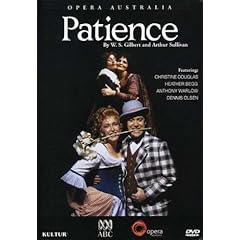Broadcasting Authority imminent
 The Broadcasting Act, 2009 (pdf) sets the regulatory framework for broadcasting services in Ireland. It consolidates all Irish broadcasting legislation into a single Act, and establishes a new Broadcasting Authority of Ireland (BAI, incorporating the functions of the current Broadcasting Commission and RTÉ Authority). According to Paul Cullen in today’s Irish Times, the BAI is to be established this week:
The Broadcasting Act, 2009 (pdf) sets the regulatory framework for broadcasting services in Ireland. It consolidates all Irish broadcasting legislation into a single Act, and establishes a new Broadcasting Authority of Ireland (BAI, incorporating the functions of the current Broadcasting Commission and RTÉ Authority). According to Paul Cullen in today’s Irish Times, the BAI is to be established this week:
A new authority with powers to regulate all broadcasting, both commercial and RTÉ, is due to come into existence this week.
The Broadcasting Authority of Ireland (BAI) is expected to begin operations next Tuesday once the Cabinet approves five nominations to its board by Minister for Communications Eamon Ryan. The remaining four board members will be appointed by the Government on the nomination of the Joint Oireachtas Committee on Communications.
A little while ago, the Sunday Business Post reported that the Committee has decided to advertise those posts, so that it will be some time before they are appointed and that the Board will be only partially in place this week. Whether fully or partially established, there will be much for it to. For example, Cullen reports that
…… One of the first tasks of the new authority will be to draw up new rules governing the advertising of junk foods on television, something which is specifically provided for in the new legislation.








